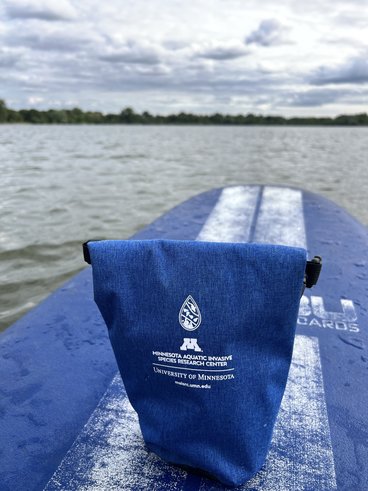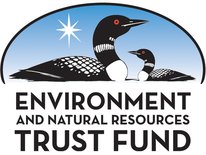Wednesday, September 25, 2024
Registration is open: First 100 registrants receive a MAISRC dry bag!

The Minnesota Aquatic Invasive Species Research Center (MAISRC) invites you to our annual AIS Research and Management Showcase on Wednesday, September 25, 2024 from 8:30am - 5:30pm. This one-day, in-person event is a chance to hear updates from our research teams on their latest discoveries in the world of aquatic invasive species (AIS).
- Presentations from leading researchers in aquatic invasive species
- Lunch with a Researcher: Engage directly with our researchers over lunch.
- Lab Tours: Lab tours will offer a firsthand look at our cutting-edge research facilities.
- Happy hour demonstrations: a diverse array of demos to explore innovative projects and technologies.
Date: Wednesday, September 25, 2024
Time: 8:30am - 5:30pm; lunch and light refreshments provided
Location: St. Paul Student Center, 2017 Buford Ave, St Paul, MN 55108 (Google maps)
Tickets: $50; discount codes are available.
Parking: Hourly parking available in the Gortner Parking Ramp and daily rate parking available in lot #S101 and #S106. Disability parking is available on Buford Ave. There are also some metered parking spots available on this campus. Visit Parking and Transportation Services for rates and maps.
Cancellation policy: 100% refund until Monday, September 16th at 11:59pm CDT. No cancellations after Monday, September 16th at midnight CDT (GMT-05:00).
Registration is open!
If you have any questions about the AIS Research and Management Showcase, please email MAISRC: [email protected]
Videos from the 2023 MAISRC AIS Research and Management Showcase
Videos from the 2022 MAISRC AIS Research and Management Showcase

Funding for the annual research and management showcase is provided by the Minnesota Environment and Natural Resources Trust Fund as recommended by the Legislative-Citizen Commission on Minnesota Resources (LCCMR).
